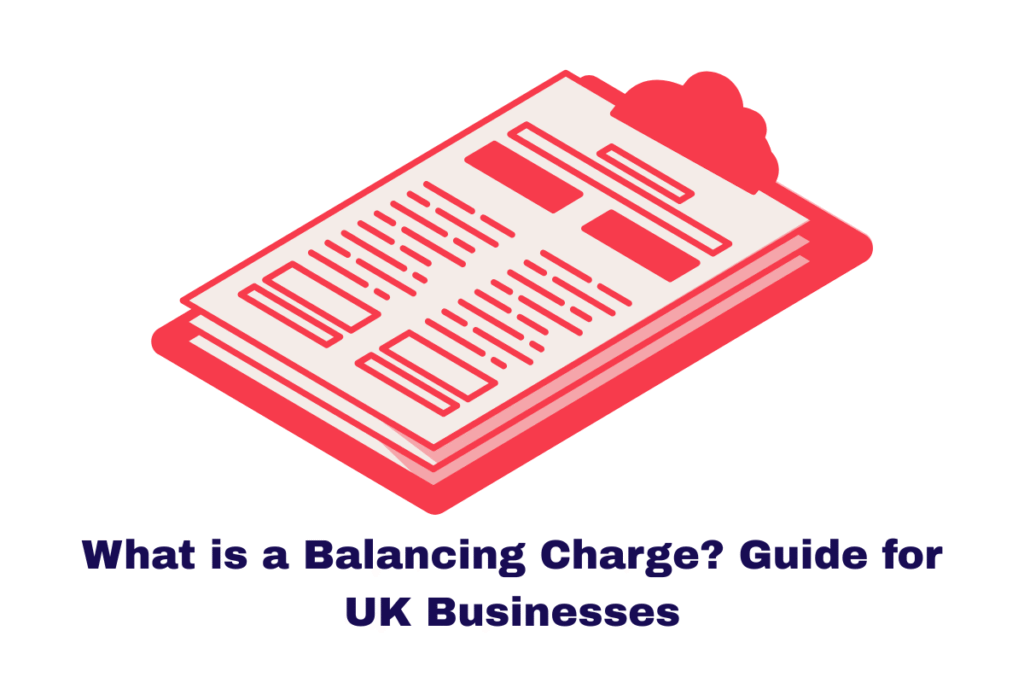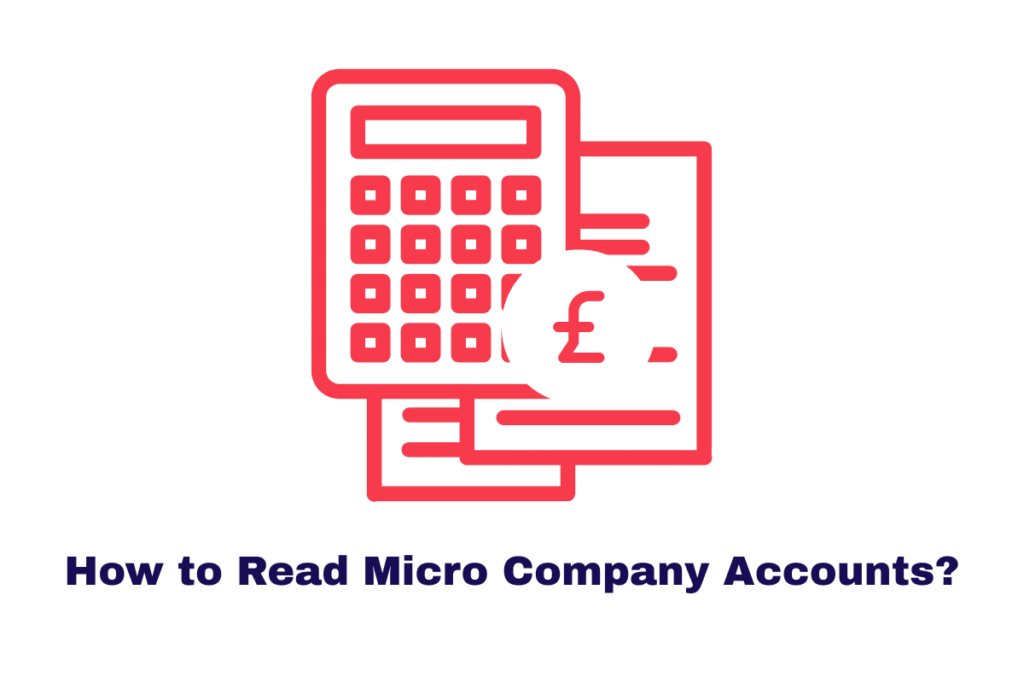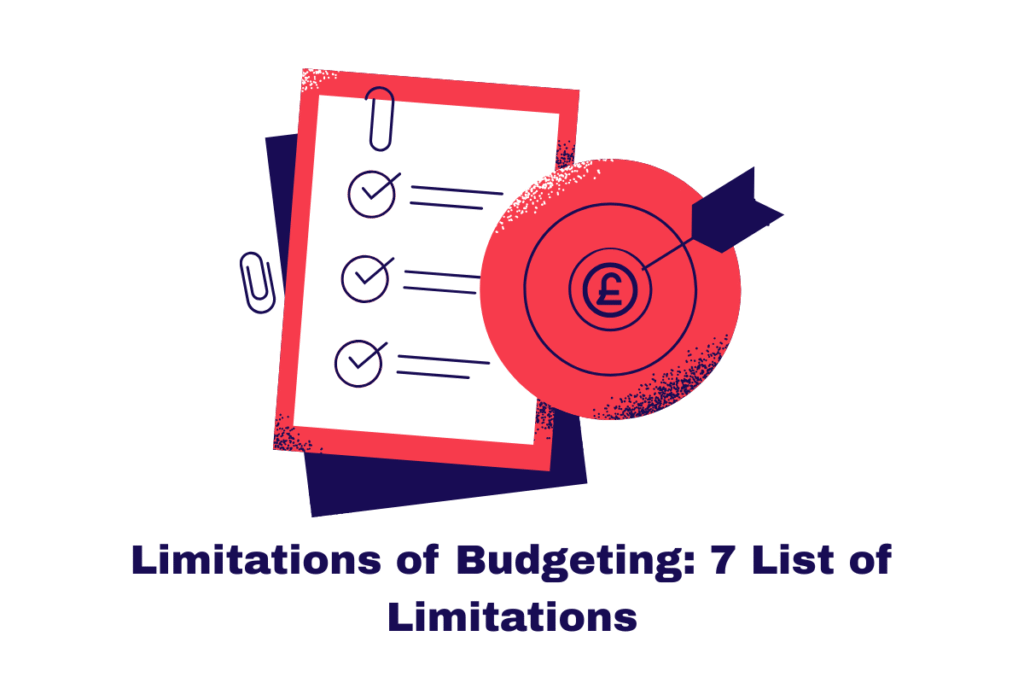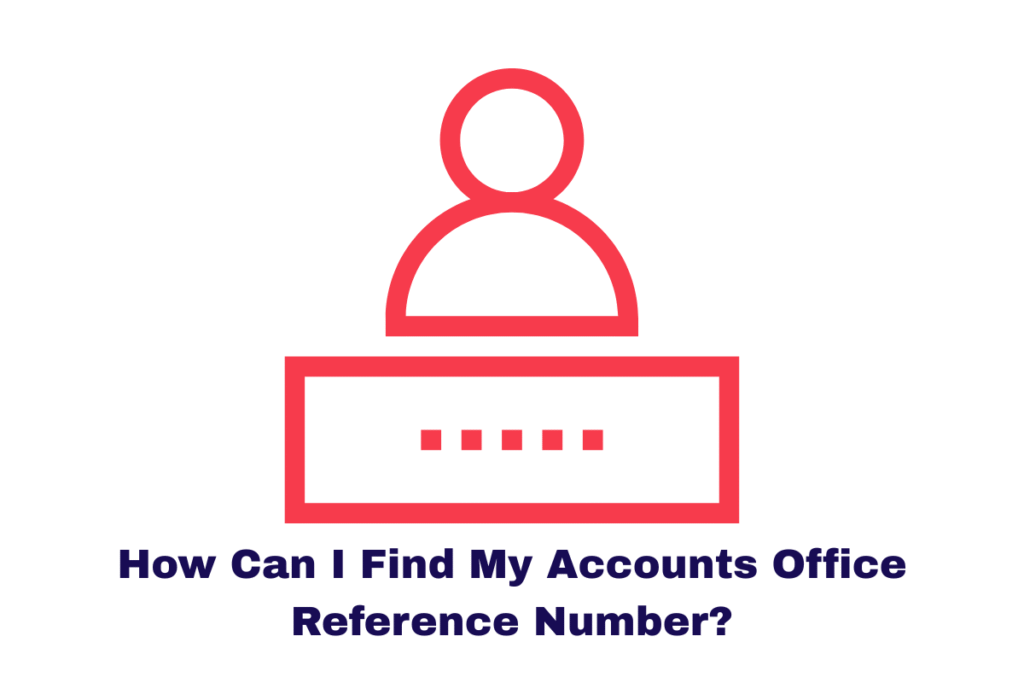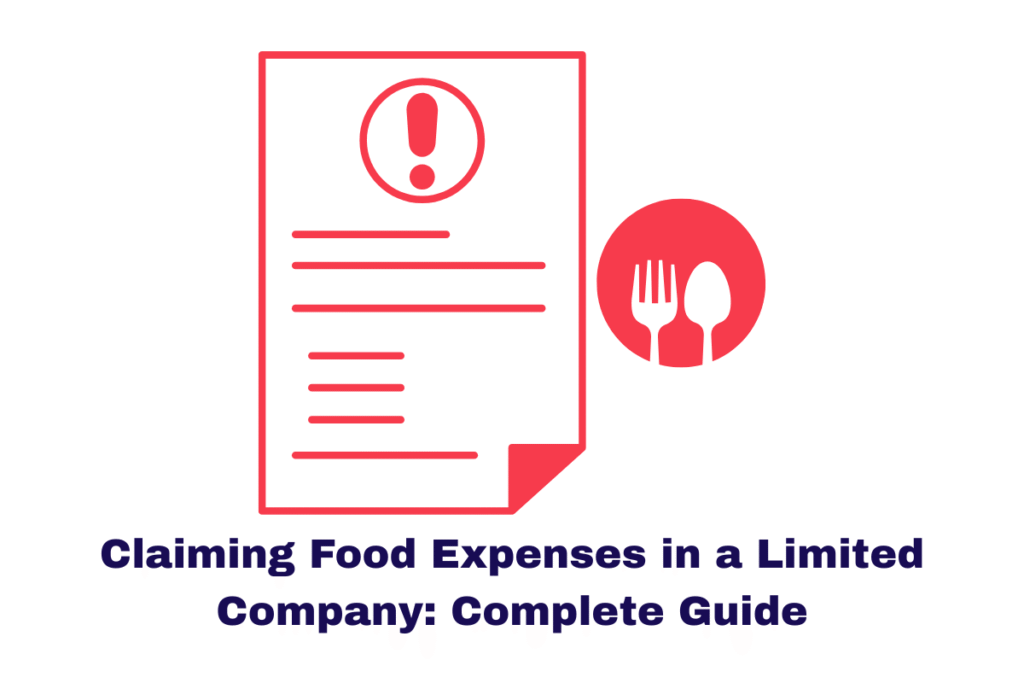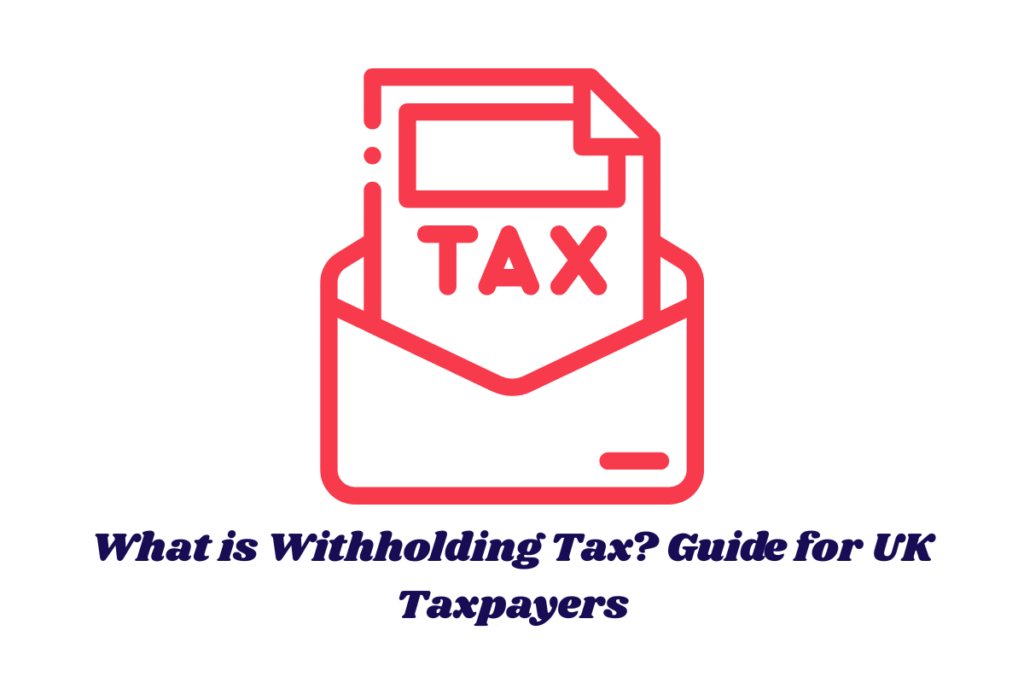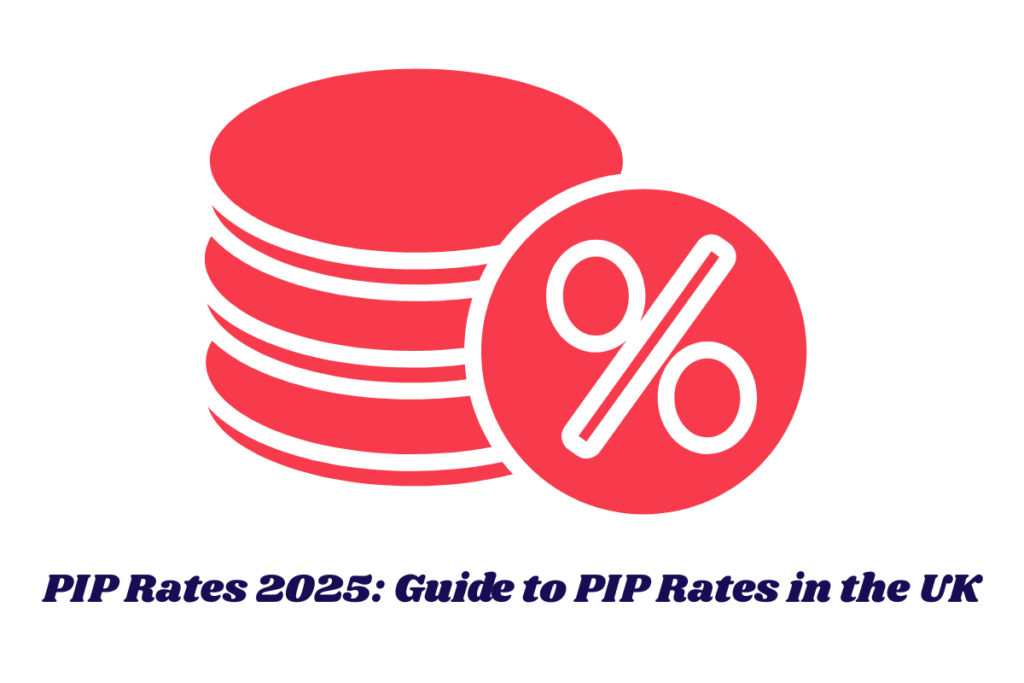As a self-employed professional, sole trader, or limited company director in the UK, you’re likely investing in tools that support your career or business—LinkedIn being one of them. But one pressing question remains: Is LinkedIn subscription tax deductible? Let’s explore the answer in detail with references to HMRC guidance and real-world applications.
Summary
“Understanding whether LinkedIn costs can be claimed as a business expense is essential for professionals aiming to minimise their tax liabilities legitimately.”
What is a LinkedIn Subscription?
LinkedIn offers both free and premium subscription options. The premium plans—such as LinkedIn Premium Career, Business, Sales Navigator, and Recruiter—provide advanced features like InMail credits, profile insights, and lead generation tools.
For many professionals, especially consultants, recruiters, freelancers, and small business owners, these features are invaluable in generating leads, networking, and maintaining a competitive presence in their industry.
Summary
“LinkedIn Premium provides enhanced tools tailored to professionals seeking growth, recruitment, or sales opportunities.”
What Does HMRC Say About Tax Deductible Expenses?
HMRC defines allowable business expenses as costs that are “wholly and exclusively” incurred for business purposes. According to HMRC guidance on allowable expenses, you can claim deductions on subscriptions, advertising, and marketing—provided they are directly related to your trade.
For instance, subscriptions to trade bodies, industry-specific tools, or software aiding your business operations are generally allowable. But, if the expense has a personal benefit or dual purpose, HMRC may disallow it or require an apportioned claim.
Summary
“HMRC permits deductions on tools and services used exclusively for business, including certain professional subscriptions.”
Is LinkedIn Subscription Tax Deductible?
Yes, a LinkedIn subscription is tax deductible in the UK—but it depends on how it’s used. If your subscription is used solely for business purposes, such as networking with clients, recruiting candidates, or promoting your business, it can be claimed as an allowable expense.
However, suppose the account is used partly for personal career development or job searching (especially relevant for employees). In that case, HMRC might view this as a dual-purpose expense, making the full deduction questionable.
Suppose you’re self-employed or a limited company director and your LinkedIn subscription is used exclusively for business development. In that case, you can likely claim it under advertising, marketing, or professional fees.
Summary
“Yes, LinkedIn subscriptions are tax deductible, but only when used solely for business-related activities.”
You can read more articles on different taxes in the UK:
PIP Rates 2025: Guide to PIP Rates in the UK
What is P800 Refund? How to Claim P800 Refund
Examples of When LinkedIn is Tax Deductible
Let’s look at practical examples for clarity:
- Freelancer or Consultant
Uses LinkedIn Premium Business to connect with prospects, generate leads, and advertise services. This is clearly a deductible expense.
- Recruitment Agency
Uses LinkedIn Recruiter for sourcing candidates. The platform is essential to the business model, making it fully deductible.
- Small Business Owner
Uses Sales Navigator for B2B outreach. This supports direct revenue generation, hence a valid business cost.
- Employee Seeking a New Job
Uses LinkedIn Premium Career to apply for jobs. This is not deductible as it benefits the individual, not the business.
Summary
“Real-life examples clarify when LinkedIn costs meet HMRC’s business-only criteria for deductions.”
Where to Record LinkedIn Subscription in Your Accounts
Depending on your accounting method, the LinkedIn subscription can be recorded under:
- Marketing and Advertising
- Professional Services
- Software and Online Tools
If you use accounting software such as Xero, QuickBooks, or FreeAgent, these platforms offer designated categories for such business-related subscriptions.
Be sure to keep invoices or receipts for the subscription in case HMRC ever requests supporting documentation.
Summary
“Properly categorising LinkedIn costs in your accounts ensures compliance and simplifies tax reporting.”
What If You Use LinkedIn for Both Personal and Business?
This is a grey area. If your LinkedIn use includes both personal (e.g. job hunting) and business purposes, you must apportion the cost. For instance, if you use it 70% for business and 30% personally, you can only claim 70% of the subscription as an expense.
However, keep in mind that such estimations should be reasonable and justifiable, as HMRC may challenge them.
Summary
“Mixed-use LinkedIn subscriptions require careful apportioning to stay within HMRC guidelines.”
What About Limited Companies?
If you’re a director of a limited company, paying for your LinkedIn subscription through the business is possible. However, the same principles apply: it must be used wholly for the company’s benefit.
If not, it could be considered a benefit in kind (BIK), and you may need to report it on a P11D form and pay tax accordingly.
To avoid complications, make sure your use of LinkedIn Premium is documented and that it’s clearly supporting business objectives.
Summary
“Limited companies must ensure LinkedIn costs benefit the business directly to remain deductible and avoid BIK issues.”
Other Deductible Online Tools Like LinkedIn
There are several other platforms and tools that professionals often ask about in the context of tax deductions:
- Zoom/Teams Subscriptions (for client meetings)
- Google Ads/Facebook Ads (marketing)
- Website Hosting/Domain Services
- CRM Software like HubSpot or Zoho
Just like with LinkedIn, if these tools are used purely for business, they are likely tax deductible under HMRC’s guidelines.
Summary
“Many digital tools are eligible for tax deductions if they’re necessary for daily business operations.”
Best Practices to Stay HMRC Compliant
To remain on the safe side, here are a few actionable tips:
- Keep all receipts and invoices for your LinkedIn subscription.
- Use a business account to pay for the subscription instead of personal funds.
- Note down the purpose of use—especially if questioned later by HMRC.
- Avoid claiming if you are an employee using LinkedIn for personal career growth.
For more detailed guidance, visit the official HMRC page on business expenses.
Summary
“Documenting business expenses thoroughly helps avoid HMRC disputes or disallowed claims.”
Conclusion: Is LinkedIn Subscription Tax Deductible?
To summarise, yes—LinkedIn subscription is tax deductible in the UK, as long as it is used wholly and exclusively for business purposes. If you’re self-employed, a freelancer, or running a limited company and use LinkedIn for client acquisition, recruitment, or B2B outreach, you’re likely eligible to claim this expense.
However, for mixed-use cases or employees, the rules are stricter. Always refer to HMRC guidance and, when in doubt, consult a qualified tax advisor.
Summary
“LinkedIn subscriptions can reduce your taxable income, provided their use meets HMRC’s business-only standards.”
✅ Try Our Listen to Taxman Calculator
Want to quickly estimate how much tax you’ll save by deducting your LinkedIn subscription? Use our Listen to Taxman Calculator to crunch the numbers in seconds.
Summary
“Calculate your savings instantly with our Listen to Taxman Calculator—your free tax assistant!”
The content provided on TaxCalculatorsUK, including our blog and articles, is for general informational purposes only and does not constitute financial, accounting, or legal advice.
You can also visit HMRC’s official website for more in-depth information about the topic.

